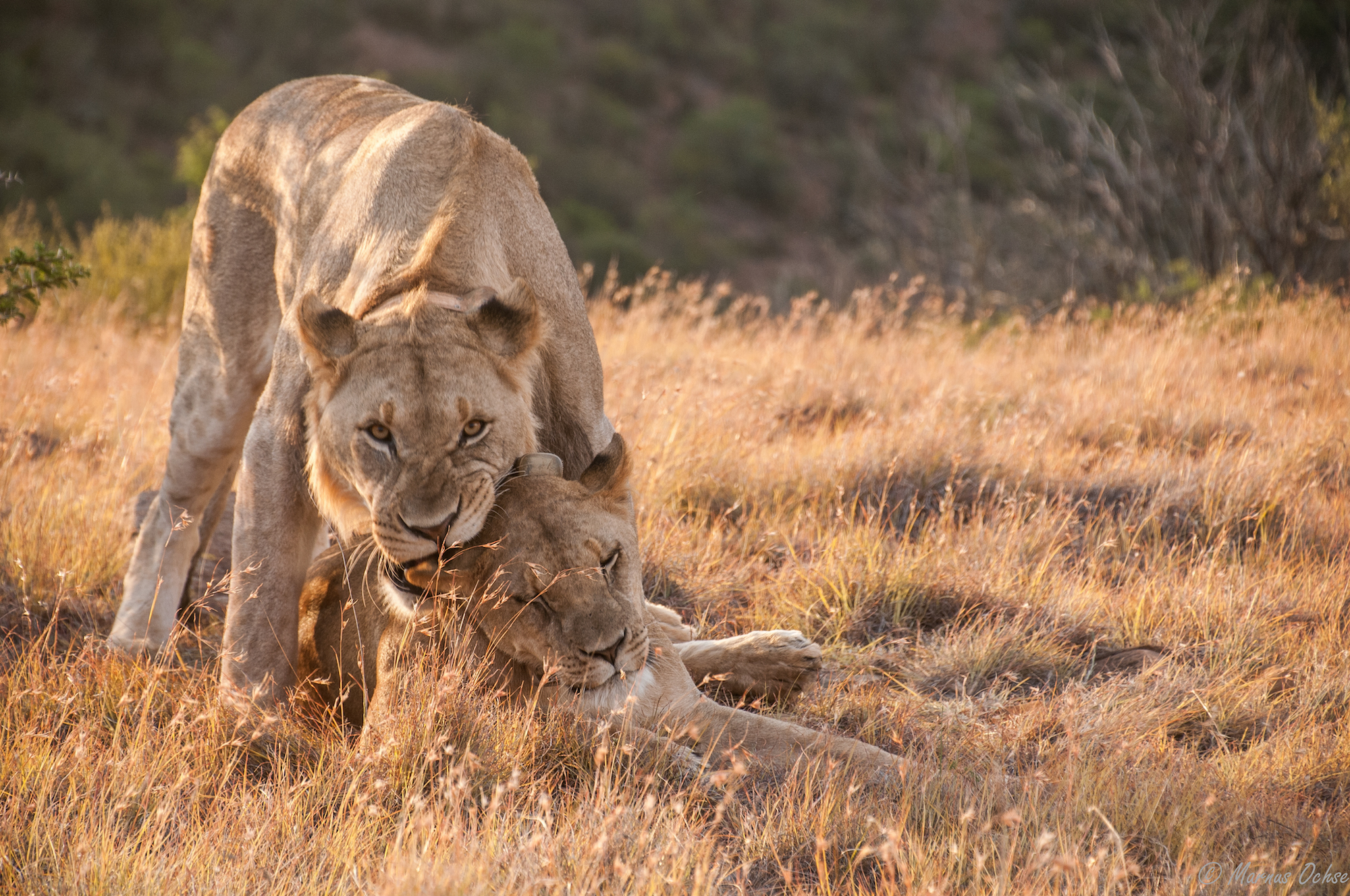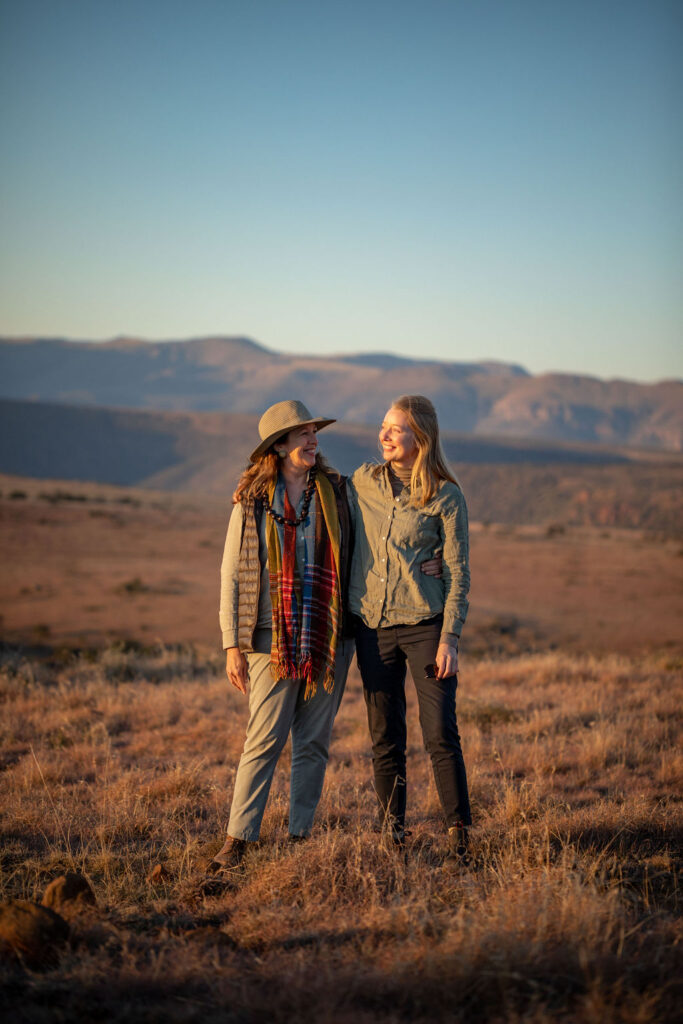SOUTH AFRICA
Welcome to the land of the Cheetah. An unparalleled safari experience in South Africa’s Great Karoo – once home to the largest land based migration on Earth.
Welcome to the land of the Cheetah. An unparalleled safari experience in South Africa’s Great Karoo – once home to the largest land based migration on Earth.
TRACK CHEETAH ON FOOT
ENJOY GAME DRIVES WITH ECOLOGISTS & WILDLIFE SCIENTISTS
LEARN INDIGENOUS TRACKING SKILLS
GO BEHIND THE SCENES OF A NEW BLACK RHINO PROJECT
SPEKBOOM PLANTING
FLY CAMPING OR NIGHT AT THE NEW PLAINS CAMP
RIVERBED BUSH DINNER BENEATH THE STARS
OVERNIGHT IN CAPETOWN
FULL BOARD ACCOMMODATION THROUGHOUT IN A PRIVATE LODGE
DAILY GAME DRIVES & BUSH WALKS
ACCESS TO SAMARA KAROO RESERVE’S GROUNDBREAKING BLACK RHINO PROJECT
FIRESIDE CHATS WITH SOUTH AFRICA’S CONSERVATION PIONEERS
2ND – 8TH NOVEMBER 2024
$12,545 PER PERSON BASED ON TWO PEOPLE SHARING
$9,049 PER CHILD (11YR AND BELOW)
SMALL GROUP EXPERIENCE
LIMITED TO FOURTEEN GUESTS
After a night in Cape Town, we will travel by bush plane into the Great Karoo to be met by Sarah & Isabelle Tompkins, the mother-daughter team leading the preservation of Samara, a private wildlife reserve. Join a Master Tracker to seek cheetahs on foot and revel in the history of this dramatic savannah by discovering fossils from another millennia. Identify the Big 5 during guided game drives and bush walks, and swap the 5* Karoo Lodge for a night beneath the stars during an optional fly-camp or evening at the newly built Plains Camp – your stay contributes directly to Samara Karoo’s groundbreaking black rhino reintroduction project and to the community at Vuyuni Safe Haven. All-inclusive. Excludes international flights.
Once a thriving, biodiverse ecosystem of grasslands, South Africa’s Great Karoo was roamed by epic herds of migrating Springbok and the mighty Cape Lion, before losing most of its wildlife to farming, fences and firearms. In 1997, Joburg-born Sarah and husband Mark Tompkins began their mission to restore the land to its former glory and magic and founded private game reserve, Samara Karoo. The Tompkins have since regenerated 67,000 acres of wilderness, and engaged in an ambitious programme of animal reintroduction, including the first wild cheetah back in the region in 125 years, the first elephants in over a century and, most recently, the first lions in 180 years. Samara’s guests not only play a vital role in safeguarding the extraordinary landscape, but will leave truly empowered by the healing energy of nature.


Mother-daughter team, Sarah and Isabelle Tompkins, are dedicated to protecting the Great Karoo, South Africa, and reintroducing species to their 67,000 acres of restored and protected land, with an aim to expand this protected area to 3 million acres in the near future.
Originally from Johannesburg, Sarah and husband Mark Tompkins had known the Great Karoo as a desolate place that had lost all its wild beauty and abundant wildlife. In 1997, the Tompkins visited Monkey Valley farm and fell in love with its green and lush landscape following the recent rains. The couple decided to buy it, removed fencing and livestock and let the land recover for a few years before turning it into their rewilding passion project.
Today, over a quarter of a century later, Sarah runs the reserve with daughter Isabelle, who has inherited her parents’ drive to expand and protect the beautiful, semi-arid lands of the Great Karoo, holding the belief that humans should be “a part of nature, not apart from it”.
It is springtime in South Africa in November. The days start to get longer and temperatures begin to rise as summer approaches. Daytime temperatures are typically milder than the summer months, although they begin to drop as the sun sets. Expect temperatures between 20-30°C (68-86°F) during the days, and 10-15°C (50-59°F) at night. This is an ideal time for game-viewing at Samara, as many antelope have their young and the rains return. There are few smells more evocative than the fragrant bush after the first rains!
Absolutely! We would be delighted to put together a bespoke itinerary for you should you wish to extend your stay in South Africa or visit another country before or after this journey. Whether you would like to visit another big game destination like the Kruger National Park or the winelands of South Africa, or venture to neighbouring Mozambique, Botswana or Namibia, simply get in touch with Lara (lara.webster@stg-journeyswithpurposeorg-staging.kinsta.cloud) to start curating your bespoke itinerary.
You will kick off most mornings with a game drive, cheetah tracking or a bush walk to discover the magnificent wildlife that roams the Great Karoo. The rest of the day will be spent in the field with the reserve’s restoration team, learning about regenerative farming or enjoying mountain top picnics. As the sun begins to set, the group will gather for sundowners in the bush, before enjoying delicious dinners of homegrown and regeneratively-farmed produce in breathtaking locations around the reserve.
This journey incorporates one night at the luxury More Quarters in Cape Town and five at the magnificent Samara Karoo Reserve. Your time at Samara will mainly be spent at the Karoo Lodge. You will also have the option to spend one night at the reserve’s Plains Camp, an off-the-grid tented camp designed to immerse you in nature, or Fly-Camping beneath the famous Karoo stars. Your entire stay will be a very comfortable journey with access to luxury amenities.
Once you have booked your trip the journey begins! Prior to departure, our team will share your personalised itinerary via the Safari Portal App which will contain all of the information about your journey. We will share reading and watching recommendations and updates from the field, so that you can begin your learning journey from home. In the days prior to your trip, you will be connected with your hosts and fellow guests on a whatsapp group as the excitement builds! The JWP team will be on hand in the lead up to and during your journey to assist with any questions you may have.
International flights are not included and are to be booked separately. The best airport for you to arrive at and depart from is Cape Town International Airport.
You will be joined on this journey by a JWP host. They will be on hand to assist with any questions or requests prior to or during your journey.
This journey to South Africa from 2nd - 8th November2024 has been designed to bring together a small group of curious and like minded people who want to deepen their understanding of and engagement with a landscape-scale habitat restoration and species reintroduction programme taking place at the heart of the Great Karoo. However, if you are unable to join the journey in November or would like to organise a transformative impact experience in South Africa (or elsewhere) with a private group, our Journey Planners would be delighted to organise this for you. Please reach out to the JWP team on connect@stg-journeyswithpurposeorg-staging.kinsta.cloud to begin creating your unique impact journey.
+44 20 8044 9538
This extraordinary wetland, the largest in Argentina, is home to 30% of the biodiversity in the country including endangered species such as the pampas and marsh deer, the maned wolf and grassland birds like the strange-tailed tyrant.
In 2005, what was to become one of the largest rewilding programs in the Americas was started, with the goal of restoring keystone species that had been extirpated from Iberá through hunting and habitat loss and were extinct in the region, the Province or, in some cases, the country.
As the rewilding program developed, the cultural identity of Iberá began to recover alongside the ecosystems and natural processes, impacting a total population of 100,000 people who surround the park.
Today, Iberá stands as one of the world’s most successful ongoing conservation missions.
Exclusive access to the world’s top snow leopard trackers combined with an intimate photography masterclass by distinguished photographer, filmmaker and conservationist, Mattias Klum.
3rd – 14th December, 2025